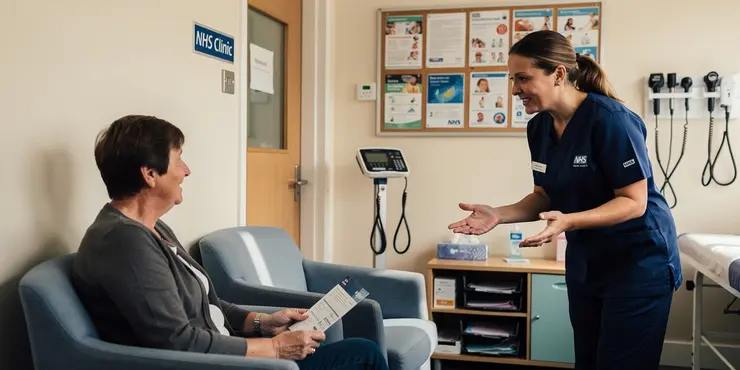
Find Help
More Items From Ergsy search
-
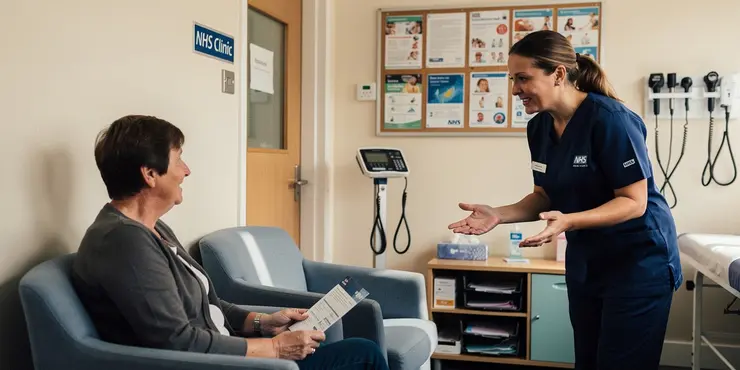
Have there been fictional variants used in media discussions before?
Relevance: 100%
-

What are the Nimbus and Stratus variants of Covid?
Relevance: 38%
-

Has the UK parliament discussed the feasibility of a social media ban for under 16s?
Relevance: 36%
-
Has research been conducted on the Nimbus variant?
Relevance: 32%
-

What would happen if the Nimbus variant existed?
Relevance: 32%
-

Is there concern about new hypothetical variants like Nimbus and Stratus?
Relevance: 30%
-
Where can I learn about real Covid-19 variants?
Relevance: 28%
-
What is a COVID-19 variant?
Relevance: 28%
-
New Covid Variant Strains
Relevance: 28%
-

Are there protocols for handling hypothetical variants?
Relevance: 28%
-
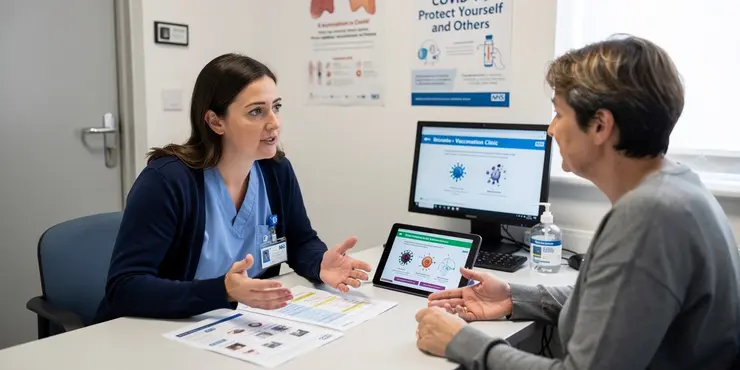
Are new variants more transmissible?
Relevance: 28%
-
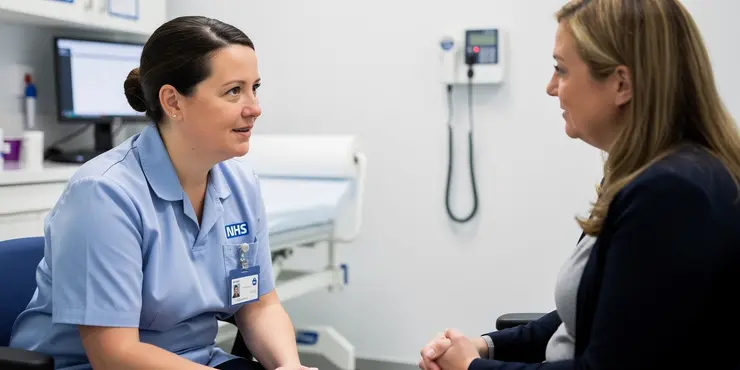
Is the Nimbus variant more contagious?
Relevance: 28%
-
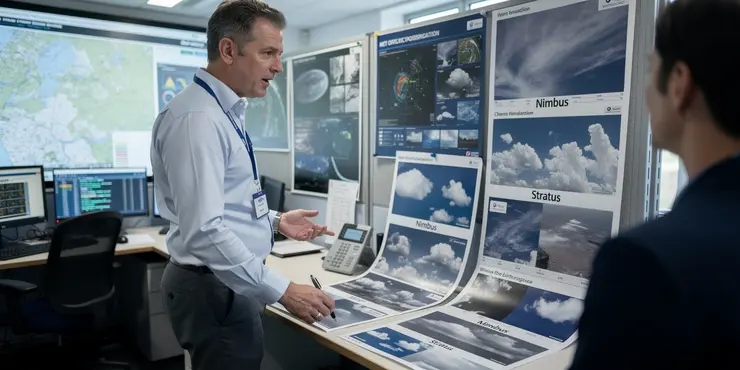
Are the Nimbus and Stratus variants officially recognized?
Relevance: 27%
-
What is the Covid-19 Stratus variant?
Relevance: 27%
-

Should I be worried about new variants?
Relevance: 27%
-

Can new variants cause reinfection?
Relevance: 27%
-
How are COVID-19 variants detected?
Relevance: 27%
-

How do scientists name new Covid-19 variants?
Relevance: 26%
-
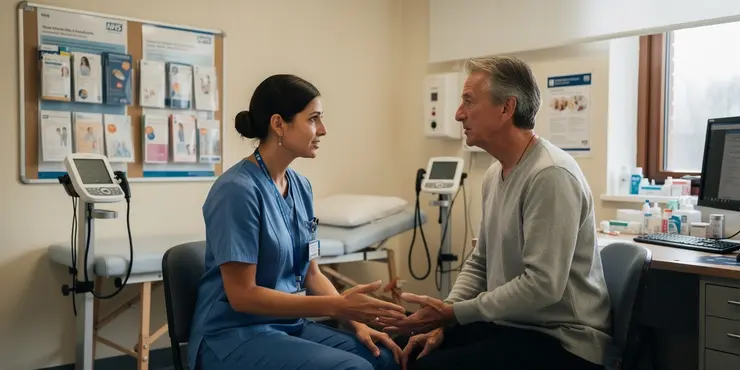
Are new COVID-19 variants more dangerous?
Relevance: 26%
-
How do COVID-19 variants arise?
Relevance: 26%
-
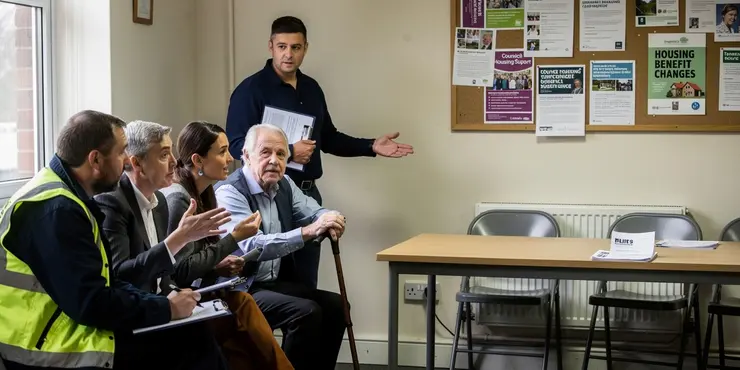
How can individuals contribute to the discussion on housing benefit cuts?
Relevance: 26%
-
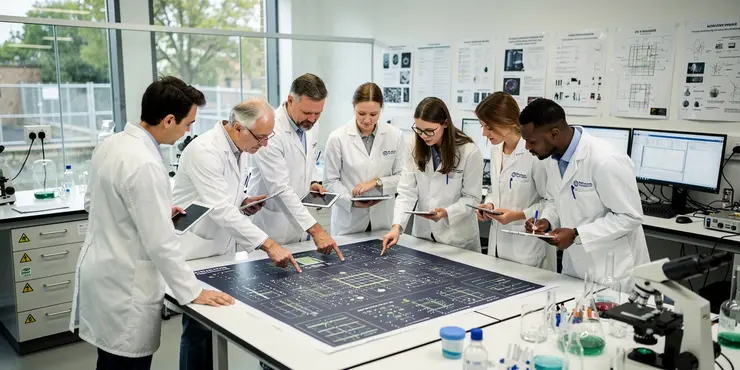
Can hypothesized variants be used in scientific modeling?
Relevance: 26%
-

Do vaccines protect against the Stratus variant?
Relevance: 26%
-

Are children more affected by new variants of COVID?
Relevance: 26%
-
Is there public support for the social media ban in Australia?
Relevance: 26%
-

Why do some variants spread more easily?
Relevance: 25%
-
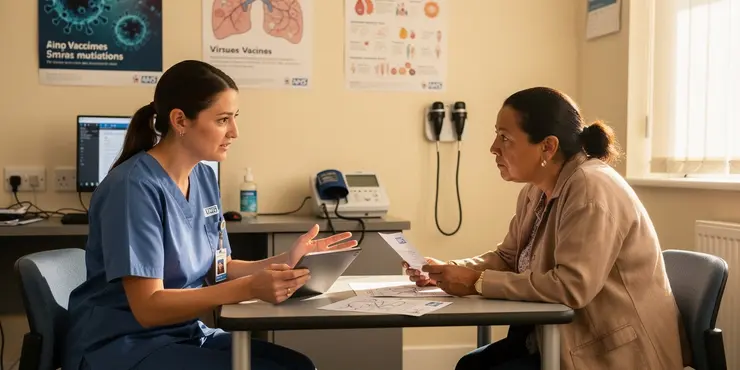
Do all mutations in the virus lead to new variants?
Relevance: 25%
-
Do new variants affect COVID-19 testing?
Relevance: 25%
-
What is the process to identify a new Covid-19 variant?
Relevance: 25%
-
How often do new COVID-19 variants emerge?
Relevance: 25%
-

Do vaccines work against new COVID-19 variants?
Relevance: 25%
-
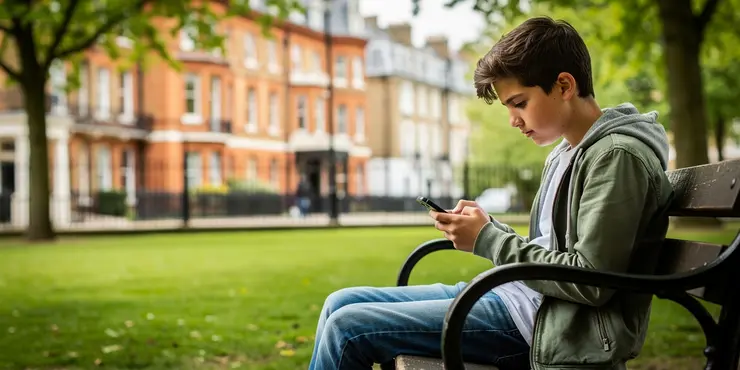
Is the UK introducing a Social Media ban for under 16's?
Relevance: 24%
-
What role do parents play in the social media ban?
Relevance: 24%
-

What impact could a variant like Stratus have if real?
Relevance: 24%
-
What role do schools play in supporting the social media ban?
Relevance: 24%
-

How can I protect myself from new COVID-19 variants?
Relevance: 24%
-
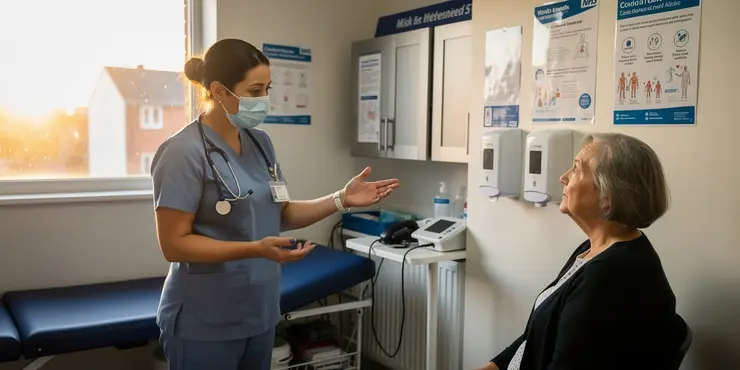
How can I protect myself from Covid-19 variants?
Relevance: 24%
-
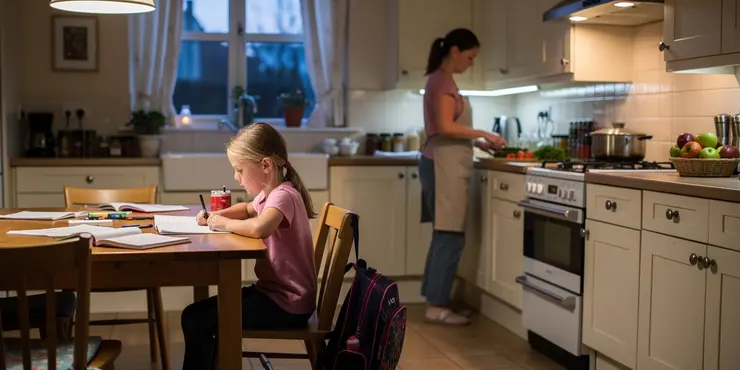
Is the UK planning to introduce a social media ban for those under 16?
Relevance: 24%
-
Is there any international interest in Australia's social media ban?
Relevance: 23%
-

Have any UK government officials commented on a social media ban for under 16s?
Relevance: 23%
Introduction
Fictional variants have often found their way into media discussions, serving various purposes. They can offer hypothetical scenarios, simplify complex issues for better public understanding, or even entertain. In this article, we explore how fictional variants have been used in media discussions, particularly in the UK context.
Understanding Fictional Variants
Fictional variants are hypothetical or invented scenarios often used across different media platforms. They can be employed as a rhetorical tool to explore the potential consequences of real events or innovations. These variants can take the form of alternate histories, speculative futures, or even imaginary technologies, and are prominent in genres like science fiction and political satire.
Role in Science Fiction Media
Science fiction has been a prolific source of fictional variants, especially concerning technological advancements and their societal impacts. UK media often references classic works such as George Orwell's "1984" or Aldous Huxley's "Brave New World" when discussing surveillance, privacy issues, or state control. By presenting an exaggerated or alternate version of reality, these fictional narratives encourage the audience to reflect on current trends and potential futures.
Political Satire and Discussion
Fictional variants are also commonly used in political satire to critique governmental policies or societal norms. Programmes like "The Thick of It" or "Black Mirror" often create exaggerated versions of political scenarios or technological misuse to expose potential flaws or ethical concerns. Such content allows audiences to engage in critical discussions about real-world issues through a fictional lens.
Impact on Public Perception
Fictional variants can significantly influence public perception, often acting as cautionary tales. By presenting exaggerated outcomes of contemporary issues, these narratives can prompt public debate and reflection. In the UK, discussions around health and pandemic responses, for example, sometimes feature comparisons to fictional outbreaks depicted in films and TV shows, leading audiences to consider preparedness and response strategies.
Educational Uses
Beyond entertainment, fictional variants can serve educational purposes. Teachers and educators may employ them to illustrate complex scientific ideas or historical events in a more relatable format. By engaging students with fictional examples, they can better grasp the potential future implications of current technologies or policies being studied.
Conclusion
Fictional variants play a crucial role in media discussions within the UK. They allow complex subjects to be approached more creatively and accessibly. From highlighting possible futures to providing satirical critique of current systems, these narratives invite audiences to think critically about the present and future. As media continues to evolve, the use of fictional variants will likely remain a valuable tool in both entertainment and education sectors.
Introduction
Made-up stories, called "fictional variants," are often used in TV and news. They help explain difficult things, make people think, or just to entertain us. In this article, we look at how these stories are used in the UK.
Understanding Fictional Variants
Fictional variants are pretend stories or ideas. TV and news use them to show what might happen in real life. They can be stories about the past, future, or even made-up machines. You see them a lot in science fiction and funny shows that make fun of politics.
Role in Science Fiction Media
Science fiction stories use a lot of pretend ideas. They talk about new machines and how they might change our lives. In the UK, people often talk about books like "1984" or "Brave New World" when they discuss privacy and control. These stories show us a different world and make us think about our own.
Political Satire and Discussion
Funny shows about politics use made-up stories to talk about real problems. Shows like "The Thick of It" or "Black Mirror" make up stories about bad government choices or technology problems. These shows help people think about real-life issues in a fun way.
Impact on Public Perception
Fictional variants can change how people think about real problems. They tell big, pretend stories that make us think about real issues like health and pandemics. In the UK, people sometimes compare these stories to real-life situations to talk about how to handle them.
Educational Uses
Apart from fun, these pretend stories can teach us things. Teachers can use them to explain hard science or history in an easier way. Using these stories, students can better understand what might happen in the future with the things they are learning now.
Conclusion
Fictional variants are important in UK media. They make hard topics easier to understand and are creative. From showing possible futures to making fun of today's systems, these stories help us think about now and what's next. As media changes, using these stories will still be important for teaching and entertainment.
Frequently Asked Questions
What are fictional variants in media?
Fictional variants in media refer to imaginary or invented versions of something, often used in storytelling or discussions to explore hypothetical scenarios.
Have fictional variants been used in media discussions before?
Yes, fictional variants have been frequently used in media discussions to illustrate concepts or explore potential outcomes without the constraints of reality.
Why do media use fictional variants?
Media use fictional variants to engage audiences, simplify complex topics, and create compelling narratives that provoke thought and discussion.
Can you provide examples of fictional variants in media?
Examples include alternative histories in literature, such as Philip K. Dick's 'The Man in the High Castle,' and speculative technologies in science fiction films like 'Black Mirror.'
What purpose do fictional variants serve in media discussions?
Fictional variants help explore 'what if' scenarios, allowing audiences to ponder the impact of different choices or developments in a safe and speculative context.
Are fictional variants exclusive to science fiction?
No, fictional variants can appear in various genres, including fantasy, alternate history, and speculative fiction, among others.
How do fictional variants impact audience perception?
Fictional variants can enhance audience engagement by providing relatable or imaginative scenarios that encourage critical thinking and empathy.
Do fictional variants mirror real-world issues?
Yes, fictional variants often mirror or exaggerate real-world issues, providing a platform to discuss and analyze moral, ethical, or social dilemmas.
What are the characteristics of a fictional variant?
Fictional variants are typically characterized by creativity, plausibility within their context, and the ability to provoke thought or discussion.
How do writers create fictional variants?
Writers create fictional variants by extrapolating current trends, imagining alternate paths, or inventing entirely new elements to serve the story or discussion.
Are fictional variants used in education?
Yes, educators often use fictional variants to challenge students' critical thinking and facilitate discussions around complex or abstract concepts.
Can fictional variants influence real-world decisions?
While fictional variants themselves don't directly influence decisions, they can inspire reflection and debate, potentially shaping public opinion or influencing policymakers.
What role do fictional variants play in speculative fiction?
In speculative fiction, fictional variants help authors explore hypothetical developments and their implications, often pushing the boundaries of imagination.
Have fictional variants been used in movies?
Yes, movies frequently use fictional variants to create alternate realities, such as in 'Inception' or 'The Matrix,' where reality and illusion blur.
Do fictional variants help in discussing future possibilities?
Fictional variants are a useful tool for discussing future possibilities, allowing people to consider the ramifications of technological, environmental, or societal changes.
Can fictional variants reflect cultural anxieties?
Yes, fictional variants often reflect cultural anxieties by dramatizing potential disasters or changes, encouraging audiences to confront their fears and hopes for the future.
Are there limits to how fictional variants can be used?
While fictional variants offer creative flexibility, they should remain coherent and relevant to the story or discussion to maintain audience engagement and clarity.
Do fictional variants appear in video games?
Yes, video games often incorporate fictional variants to create immersive worlds, such as alternate histories in 'Wolfenstein' or speculative futures in 'Cyberpunk 2077.'
How can fictional variants help address social issues?
Fictional variants allow media to address social issues imaginatively by exaggerating or reframing problems, encouraging audiences to engage with and understand different perspectives.
Do fictional variants have historical precedents?
Yes, the concept of creating fictional variants has historical precedents, as seen in myths, legends, and folklore, which often explore imaginary worlds and scenarios.
What are made-up versions in stories?
Made-up versions are pretend things in stories. They are not real. They can be in books, TV shows, or movies.
If you find reading hard, you can use tools to help. Try listening to audiobooks or watching videos with subtitles.
Fictional variants in media mean made-up versions of something. People use them in stories or talks to think about "what if" situations.
Have make-believe versions been talked about in the news before?
Yes, made-up examples are often used in movies and TV shows. They help explain ideas or think about what might happen without worrying about real-life limits.
Why do TV and Movies use Make-Believe Stories?
TV shows and movies sometimes tell make-believe stories. These are not real, but they help us learn and have fun. Here is why they use them:
- Fun: They are exciting and fun to watch.
- Learning: They help us understand new things in a simple way.
- Big Ideas: Make-believe stories can tell us big ideas in an easy way.
To enjoy them more, you can talk to friends or use a dictionary for hard words.
TV shows, movies, and books use made-up stories to make people interested. They help explain hard ideas in simple ways. These stories make people think and talk about them.
Can you share some made-up versions from TV shows, movies, or books?
Here are some examples:
1. Books that imagine a different history, like a book by Philip K. Dick called 'The Man in the High Castle.'
2. Movies that show future ideas about technology, like a TV show called 'Black Mirror.'
Why do we use made-up characters in media talks?
1. **Explain Things**: Made-up characters help show ideas in a simple way. They make it easier to understand.
2. **Tell a Story**: Stories with these characters keep the talk interesting. People like stories.
3. **Ask What If**: They let us think about different ideas and choices. What if something happens? How will the character react?
4. **Help People Learn**: They can teach lessons or show problems in a safe way.
**Helpful Tip**: When reading, draw pictures of the characters. Use your imagination to see what happens next in the story.
Made-up versions of stories let us think about "what if" questions. They help us imagine what might happen if people make different choices. It's a way to think and wonder safely.
Here are some tips to help understand stories:
- Ask questions about the story.
- Draw pictures of what happens.
- Talk about the story with someone else.
Do made-up versions only happen in sci-fi stories?
No, made-up versions can show up in different types of stories. These include magical stories, "what if" history stories, and imagination stories.
How do different story versions change how people think about them?
Fiction stories can make people more interested by showing fun or relatable situations. These stories help us think carefully and feel what others feel.
Do made-up stories show real-life problems?
Yes, make-believe stories often show real-life problems. They help us talk about right and wrong, and different ideas about how to treat people.
What makes a made-up version special?
Made-up versions of stories are usually creative. They make sense in their own world and make people think and talk.
How do writers make up stories?
Writers make up different worlds by using ideas from today, thinking of other ways things could go, or creating new things to make the story interesting or to talk about.
Do schools use make-believe stories to teach?
Yes, teachers use made-up stories to help students think in new ways. This helps them talk about big ideas that can be hard to understand.
Can made-up stories change real-life choices?
Stories about made-up things don't directly change what people decide. But they can make people think and talk. This can help change what everyone thinks or even what leaders decide.
What do made-up stories do in books about future or imaginary worlds?
In stories about imaginary worlds, writers use made-up ideas to think about what could happen if things were different. They like to imagine new things and see what they might be like.
Do movies use made-up stories?
Yes, movies often show pretend worlds. This happens in films like 'Inception' or 'The Matrix,' where what is real and what is pretend mix together.
Can made-up stories help us talk about what might happen in the future?
Stories about the future can help us think about what might happen next. They let us talk about big changes in technology, the environment, or how we live together.
Do made-up stories show what people worry about?
Yes, made-up stories can show what people worry about in real life. They often show things that might go wrong or change. This helps people think about what they are scared of and what they hope for in the future.
Can we use made-up versions in any way we want?
When you make up new versions of things in a story, it's fun because you can be really creative. But remember, these new things should still make sense in the story and be important. This helps people stay interested and understand what's going on.
Do made-up characters or stories show up in video games?
Yes, video games use made-up ideas to make the game world exciting. Games like 'Wolfenstein' show different versions of history. 'Cyberpunk 2077' shows ideas about the future.
You can use picture books or audiobooks to help understand more. Watching videos about the game might help too.
How can made-up stories help with real-life problems?
Stories that aren't real can show us different ways of thinking. They help us see things in new ways. These stories can also teach us about problems in the world. They might make us care about things we didn't know about before.
People can use tools like talking to a friend or using a picture to help understand these stories. Watching fun videos or acting out parts of the story can also help.
These stories can sometimes help us think of ways to fix problems we have in real life.
Stories in books and movies can change real-life issues to make them bigger or different. This helps people think about these problems in new ways, and understand how others feel.
Did things like stories happen in real life before?
Yes, people have been making up stories with different versions for a long time. We see this in old stories, like myths and legends, where people talk about make-believe worlds and events.
Useful Links
This website offers general information and is not a substitute for professional advice.
Always seek guidance from qualified professionals.
If you have any medical concerns or need urgent help, contact a healthcare professional or emergency services immediately.
Some of this content was generated with AI assistance. We’ve done our best to keep it accurate, helpful, and human-friendly.
- Ergsy carfully checks the information in the videos we provide here.
- Videos shown by Youtube after a video has completed, have NOT been reviewed by ERGSY.
- To view, click the arrow in centre of video.
- Most of the videos you find here will have subtitles and/or closed captions available.
- You may need to turn these on, and choose your preferred language.
- Go to the video you'd like to watch.
- If closed captions (CC) are available, settings will be visible on the bottom right of the video player.
- To turn on Captions, click settings .
- To turn off Captions, click settings again.
More Items From Ergsy search
-

Have there been fictional variants used in media discussions before?
Relevance: 100%
-

What are the Nimbus and Stratus variants of Covid?
Relevance: 38%
-

Has the UK parliament discussed the feasibility of a social media ban for under 16s?
Relevance: 36%
-
Has research been conducted on the Nimbus variant?
Relevance: 32%
-

What would happen if the Nimbus variant existed?
Relevance: 32%
-

Is there concern about new hypothetical variants like Nimbus and Stratus?
Relevance: 30%
-
Where can I learn about real Covid-19 variants?
Relevance: 28%
-
What is a COVID-19 variant?
Relevance: 28%
-
New Covid Variant Strains
Relevance: 28%
-

Are there protocols for handling hypothetical variants?
Relevance: 28%
-

Are new variants more transmissible?
Relevance: 28%
-

Is the Nimbus variant more contagious?
Relevance: 28%
-

Are the Nimbus and Stratus variants officially recognized?
Relevance: 27%
-
What is the Covid-19 Stratus variant?
Relevance: 27%
-

Should I be worried about new variants?
Relevance: 27%
-

Can new variants cause reinfection?
Relevance: 27%
-
How are COVID-19 variants detected?
Relevance: 27%
-

How do scientists name new Covid-19 variants?
Relevance: 26%
-

Are new COVID-19 variants more dangerous?
Relevance: 26%
-
How do COVID-19 variants arise?
Relevance: 26%
-

How can individuals contribute to the discussion on housing benefit cuts?
Relevance: 26%
-

Can hypothesized variants be used in scientific modeling?
Relevance: 26%
-

Do vaccines protect against the Stratus variant?
Relevance: 26%
-

Are children more affected by new variants of COVID?
Relevance: 26%
-
Is there public support for the social media ban in Australia?
Relevance: 26%
-

Why do some variants spread more easily?
Relevance: 25%
-

Do all mutations in the virus lead to new variants?
Relevance: 25%
-
Do new variants affect COVID-19 testing?
Relevance: 25%
-
What is the process to identify a new Covid-19 variant?
Relevance: 25%
-
How often do new COVID-19 variants emerge?
Relevance: 25%
-

Do vaccines work against new COVID-19 variants?
Relevance: 25%
-

Is the UK introducing a Social Media ban for under 16's?
Relevance: 24%
-
What role do parents play in the social media ban?
Relevance: 24%
-

What impact could a variant like Stratus have if real?
Relevance: 24%
-
What role do schools play in supporting the social media ban?
Relevance: 24%
-

How can I protect myself from new COVID-19 variants?
Relevance: 24%
-

How can I protect myself from Covid-19 variants?
Relevance: 24%
-

Is the UK planning to introduce a social media ban for those under 16?
Relevance: 24%
-
Is there any international interest in Australia's social media ban?
Relevance: 23%
-

Have any UK government officials commented on a social media ban for under 16s?
Relevance: 23%


